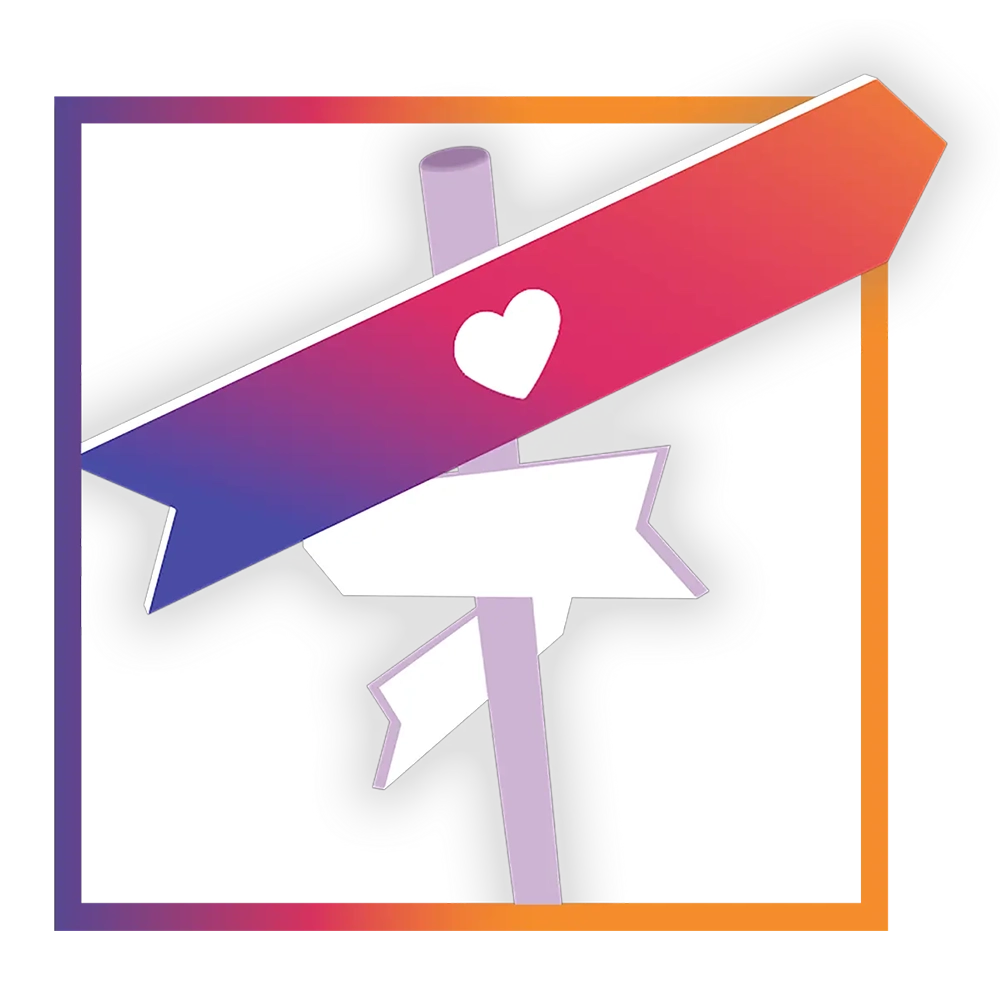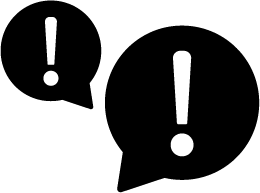If you or someone you love is considering treatment, there are many paths to recovery including medication, inpatient treatment, 12 step programs, counseling, and more.
With the right care, support and treatment, recovery is possible. It is estimated that 80% of individuals with Opioid Use Disorder (OUD) are not in treatment even though medication for opioid use disorder (MOUD) can be their best chance at living life with an OUD. Studies from the National Institutes of Health show that U.S. Food and Drug Administration–approved medications to treat opioid use disorder are effective and save lives. MOUD does not encourage drug use.
Finding the right treatment may take time. But you are worth it — recovery is possible for everyone struggling with OUD. Learn more about the different options and paths available for you or your loved one’s recovery journey.

